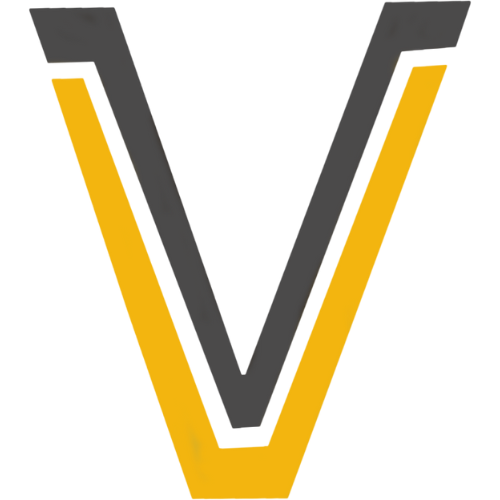Effective meeting management is crucial. While meetings can often feel like a drain on time and resources, they can also serve as powerful tools for collaboration and decision-making when managed correctly. The key to success lies in understanding the primary purposes of meetings, which typically include sharing information, making decisions, or brainstorming ideas. Sharing information-focused meetings ensure that team members stay informed about updates and changes, while decision-making meetings require careful facilitation to navigate differing opinions and reach a consensus. On the other hand, brainstorming sessions are designed to foster creativity and innovation, encouraging participants to generate a wide range of ideas without immediate judgment.
To ensure meetings are productive, it’s vital to clearly define their objectives, aligning them with organizational goals. This can be achieved through the use of SMART objectives—specific, measurable, achievable, relevant, and time-bound—that provide a framework for evaluating success. Preparation is another critical aspect of effective meeting management. A well-structured agenda is essential for guiding discussions and keeping participants focused. By including specific topics, time allocations, and desired outcomes, an agenda serves as a roadmap for the meeting. Sharing this agenda with participants in advance allows them to prepare relevant materials, contributing meaningfully to the discussion.

Creating an Engaging Environment
Inviting the right participants is equally important. The effectiveness of a meeting often hinges on who is present. Quality should take precedence over quantity, meaning only those who are essential to achieving the meeting’s objectives should be invited. Consideration of key stakeholders ensures that diverse perspectives are included, leading to richer discussions. For those who do not need to attend, sharing updates through emails or brief reports can keep them informed without overwhelming them with unnecessary meetings. Effective email management can ensure that these updates are sent in a timely and organized manner, keeping everyone in the loop without overloading inboxes.
Creating an engaging environment during the meeting is crucial for encouraging participation and collaboration. Starting with a brief icebreaker can help participants feel more connected and willing to share. Encouraging open dialogue fosters a culture of openness where participants feel comfortable expressing their thoughts. Incorporating interactive tools such as polls or breakout discussions can further engage participants and energize the meeting.
Effective time management is a cornerstone of successful meetings. Starting and ending on time demonstrates respect for participants’ schedules and helps maintain overall engagement. Setting time limits for each agenda item encourages concise discussions, ensuring that all topics are addressed within the allotted time. Designating a timekeeper can help monitor progress and remind participants of time constraints, promoting accountability.
Continuous Improvement and Follow-Up Strategies
Documentation of key takeaways is essential for maintaining continuity and accountability after meetings. Designating someone to take minutes during the session allows for accurate records of discussions and decisions made. Sharing these minutes promptly after the meeting reinforces accountability and keeps everyone informed of next steps. Regularly checking in on the progress of action items assigned during the meeting ensures that tasks are completed and participants remain accountable.
Continuous improvement is vital for refining meeting management practices. Gathering feedback from participants can help enhance future meetings, while establishing feedback channels allows for constructive critique. After meetings, soliciting feedback on the meeting’s structure, effectiveness, and participant engagement can provide valuable insights. Using this feedback to implement changes creates a dynamic and responsive meeting culture.
Promoting a positive meeting culture encourages engagement and collaboration. Leaders can foster this environment by demonstrating respect and engagement during meetings, setting the tone for the rest of the team. Acknowledging contributions and celebrating achievements further enhances morale and motivates participants to contribute actively.
Effective meeting management is essential for maximizing productivity and collaboration within teams. By implementing the strategies and best practices outlined in this guide, organizations can create more engaging and productive meetings that drive results. Prioritizing effective meetings not only enhances team efficiency but also fosters a positive workplace culture. For more insights and strategies on optimizing productivity and overcoming common time management challenges, consider exploring The Time Machine Method™. This proven approach offers actionable tips to streamline your meetings and enhance overall productivity.
Join The Productivity Hub.
The movement of business leaders working smarter, not harder.
Share this Article on
This website is created by Vic Ranci Digital Marketing
© Valentina Vecchio 2024. All rights reserved.
This website is created by Vic Ranci Digital Marketing
Copyright © 2024 VV Consultancy All Rights Reserved.

